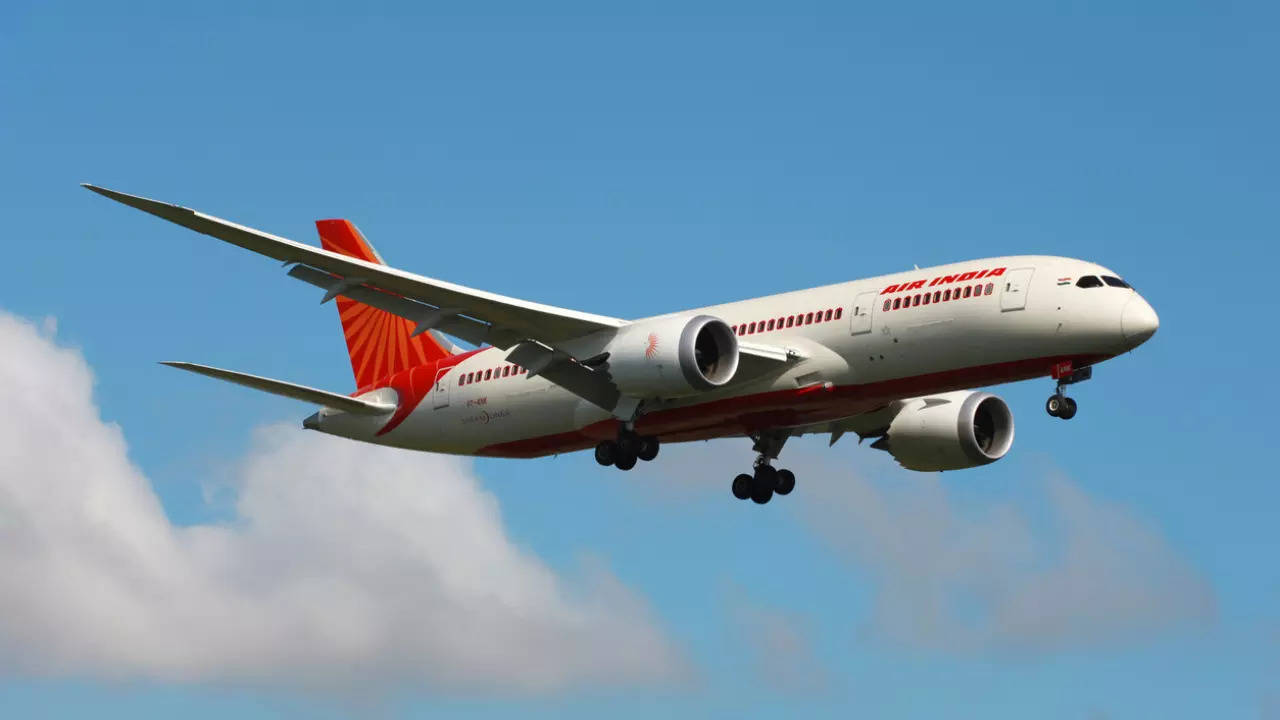DGCA Simplifies Process For Indian Carriers To Fly To New International Destination
The Directorate General of Civil Aviation (DGCA) on Monday eased norms for Indian carriers to fly to new international destinations. The civil aviation regulator reviewed the process to grant permissions for new operations and also rationalised the checklist.

Updated Jun 12, 2023 | 08:09 PM IST

DGCA Simplifies Process For Indian Carriers To Fly To New International Destination (Representational image)
Photo : iStock
New Delhi: The Directorate General of Civil Aviation (DGCA) on Monday eased norms for Indian carriers to fly to new international destinations. The civil aviation regulator reviewed the process to grant permissions for new operations and also rationalised the checklist.
Notably, the current 33-point checklist has been reduced to 10 points. The civil aviation regulator also removed redundant provisions in the existing checklist. The DGCA issued a statement in this regard. It stated that an assessment of the preparedness of Indian airline operators will be conducted before permitting their operations to a new foreign destination.
"In order to further ease the process for grant of permission to Indian airline operators for operations to a new foreign destination, the existing regulatory requirements have been comprehensively reviewed in consultation with all stakeholders and the current 33-point checklist has been rationalised and reduced to a 10-point checklist related to their preparedness for the intended operations, removing other generic and redundant provisions in the existing checklist," the statement read.
"The objective of this rationalisation is to simplify and facilitate the process for Indian carriers to start a new international destination and would significantly reduce the documentation/compliances required to be submitted by the operators," the statement added.
Notably, the systemic reform has come at a time when the Indian carriers are planning to expand their international footprint.
End of Article
Videos





07:41
IMD Briefing On Cyclone Biparjoy | Gujarat & Mumbai On High Alert | Landfall Expected In 24 Hours

04:31
OnePlus 11R, Samsung Galaxy A54, Vivo V27 Pro: Best Smartphones Under Rs 40,000 | Gadget Times

03:50
Realme 11 Pro | Unboxing & First Impression | Gadget Times

05:00
Apple Vision Pro | Here’s everything you need to know | Features, Price, Release Date & More

11:44
Apple's WWDC Event|| Everything You Need To Know | Gadget Times













